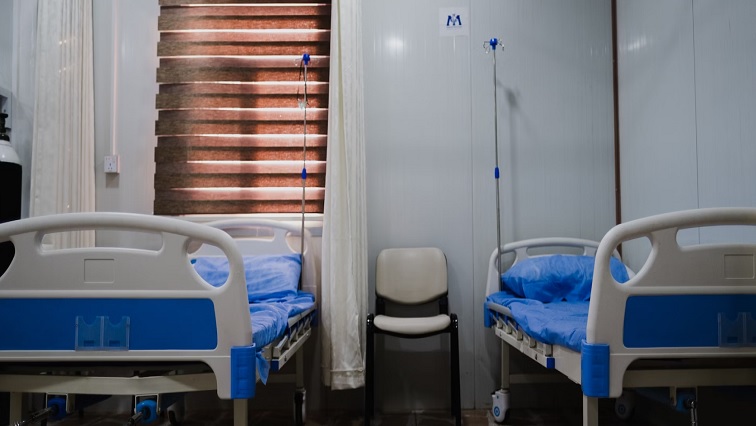
Most of the affected children, aged between 6 and 10, consumed snacks purchased near schools. Investigations revealed the presence of organophosphate—a toxic chemical—in several post-mortem examinations. Gauteng has been the epicenter, with Johannesburg and Ekurhuleni reporting the highest fatalities.
In response, authorities are implementing stricter regulations for spaza shops. Measures include mandatory re-registration, new health inspection protocols, and a hotline for reporting unsafe food practices. Premier Panyaza Lesufi announced plans to enforce by-laws targeting unregulated shops while promoting public awareness about food safety.

Image Credits : Unsplash
Critics argue that the government has failed to address systemic issues in regulating informal food vendors, many of whom lack proper licensing. Suggestions for tailored regulations that balance public health and economic sustainability have been proposed. Meanwhile, parents are being urged to scrutinize food expiration dates and report suspicious products.
The tragedy has reignited debates on informal trade, public health, and regulatory oversight, with officials working to ensure no more lives are needlessly lost.

GIPHY App Key not set. Please check settings